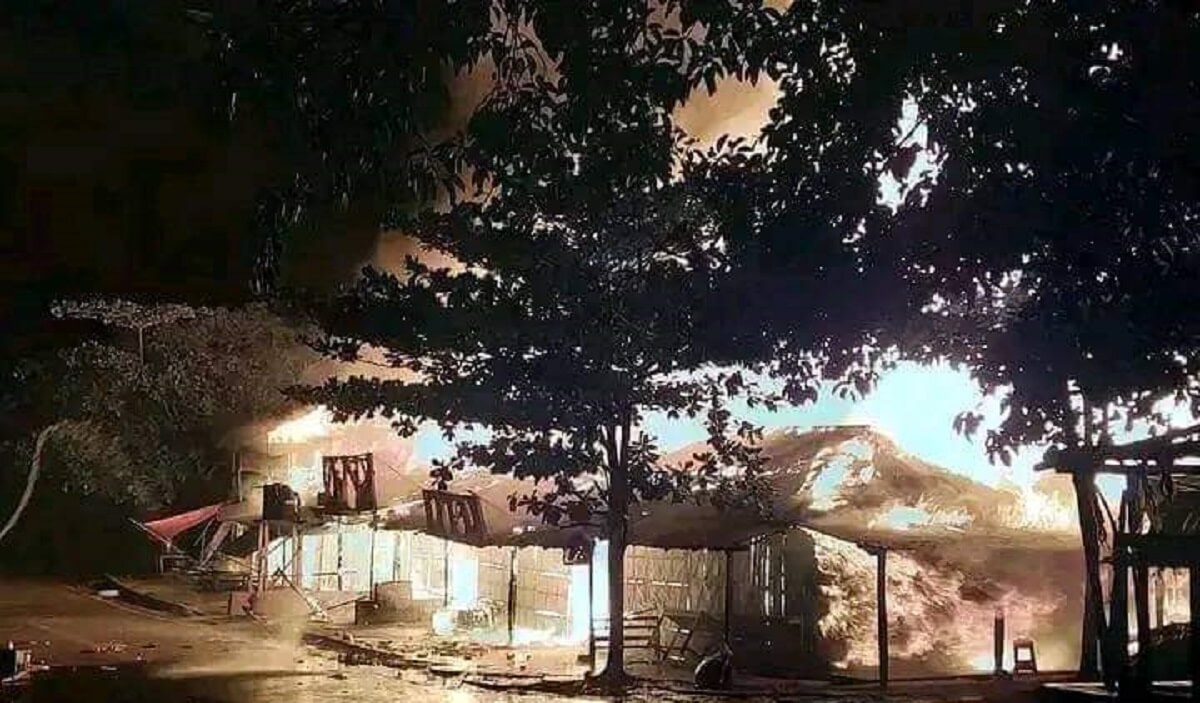Confronting Uncertainty: Are We Forced to Start From Zero in CHT?
Thain Shewe Kyaw | 10 October 2024
From the moment the interim government assumed power, certain words and phrases have been frequently used. These terms have now become almost sacred to the interim government advisers. One such recurring term is "reformation"—they insist that every sector requires reform to ensure democracy. In a recent interview with Voice of America, the chief adviser denied that the army chief's comments on the interim government's timeline and the transition to national elections reflected the government's position. He also mentioned the word "zero," asserting that the interim government had to start from zero in all sectors. Dr. Muhammad Yunus, too, is fond of the term "zero," having promoted his "Three Zero" strategies for the past decade.
However, recent developments in the Chittagong Hill Tracts (CHT) are deeply concerning. What has transpired since the fall of Sheikh Hasina's government in the CHT? Journalists are hesitant to report uncomfortable truths, graffiti commemorating Kalpana Chakma's abduction and demanding Indigenous status is painted with tar coal, and the oppression of the Bawm Indigenous community continues under the guise of the Kuki-Chin issue. Relief distribution teams have been allegedly blocked by the Bandarban Brigade commander, preventing aid from reaching some of the most marginalised communities in the country, who have been without food for nearly two months. Furthermore, there have been recent communal attacks by Bengali settlers, allegedly backed by the army and Border Guard Bangladesh (BGB), in Khagrachari, Dighinala, and Rangamati.
Communal arson has long been a tactic during military operations in the CHT. Now, the interim government chief claims that the peace accord has not been fully implemented over time, raising the question of whether it needs revisiting. Meanwhile, the military and authorities continue to fail to prevent these arson attacks. The question of security failures in the CHT and the apparent unwillingness of the security forces to protect indigenous communities cannot be ignored.
In the Voice of America interview, the interim government chief stated that no solution should be expected from the interim government regarding the CHT issue, adding that it would be addressed by the next democratic government. This makes it clear that the interim government has no intention of tackling the Indigenous issue—they are merely spectators to the events unfolding in the CHT, taking no action during these incidents and only making ineffective gestures afterwards. This stands in stark contrast to their oft-repeated assertion that they will ensure reform in all sectors before holding national elections. When it comes to the CHT, however, they offer no solutions.
At this critical moment, when social media and individual accounts are the only trusted sources of information, they are under cyberattack. Under the pretext of security, a grave injustice is unfolding in Bangladesh, where security forces and authorities are going door-to-door, asking indigenous people to leave their homes to save their lives. Videos of these incidents flood social media, but they are soon removed by Meta. Even the anti-discrimination movement of indigenous students has now taken on a communal dimension. No matter the issue, it becomes communal. The situation is dragging the region back to the days of insurgency when every issue resulted in communal arson. It seems we are back to square one, with the indigenous communities of the CHT forced to endure once again what they have already suffered. The peace accord and history appear poised to repeat themselves, with Indigenous communities set to walk the same path in pursuit of another peace accord.
Thain Shewe Kyaw, Executive Policy Associate, Centre for Governance Studies.
Views in this article are author’s own and do not necessarily reflect CGS policy.
